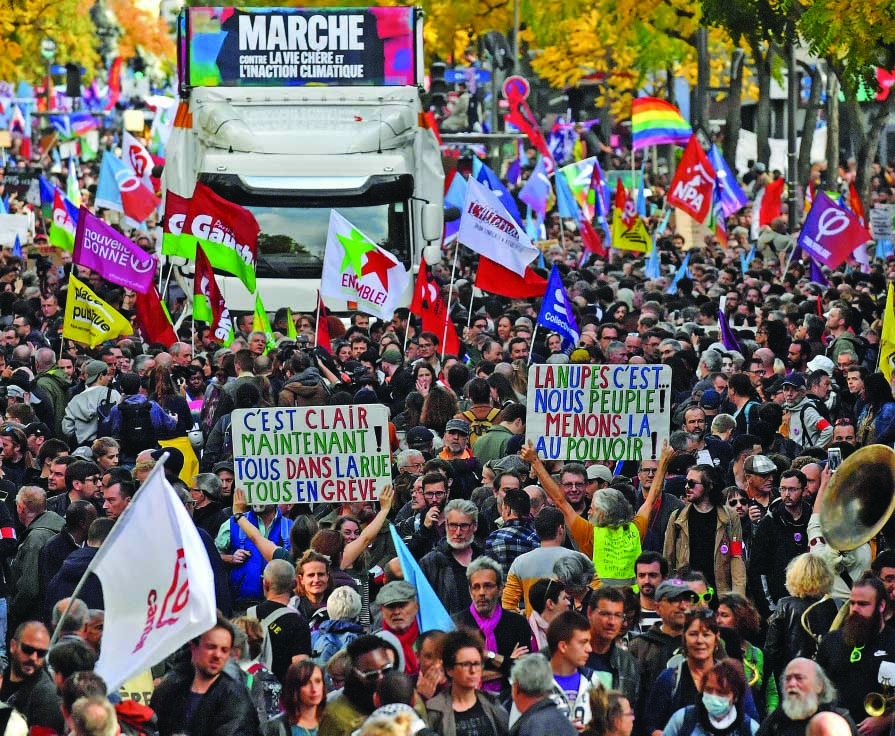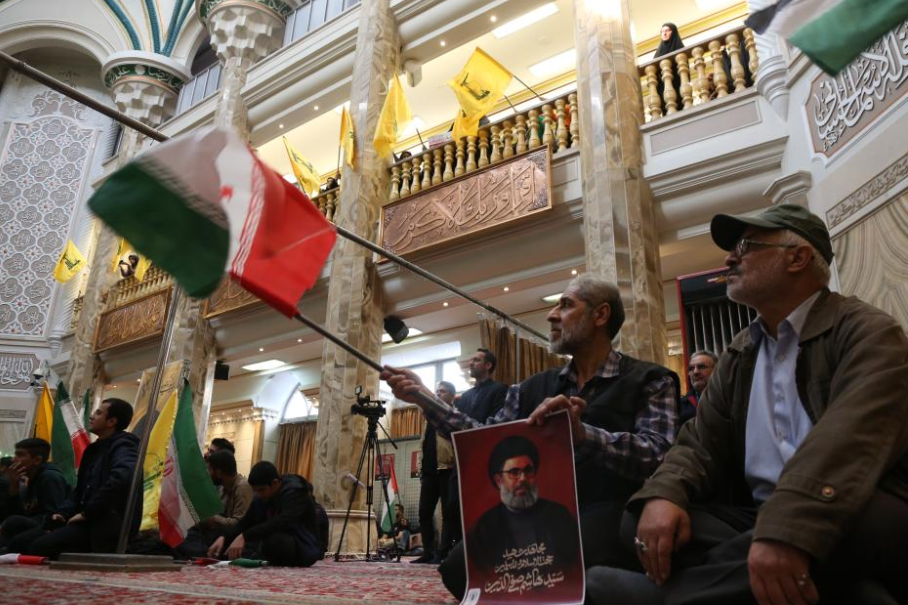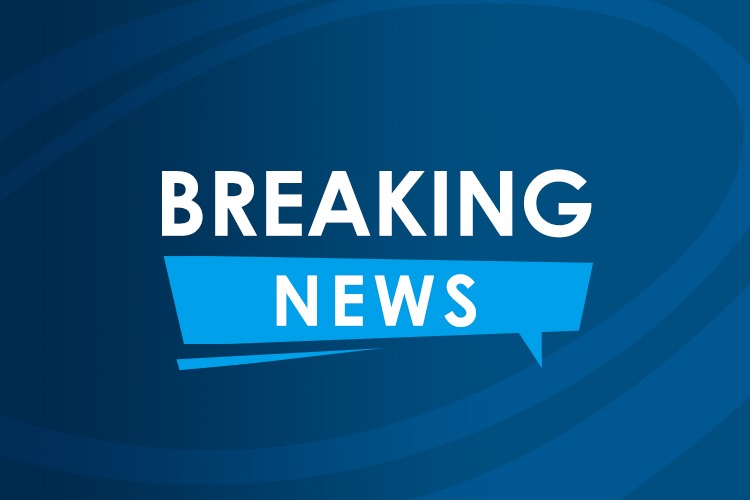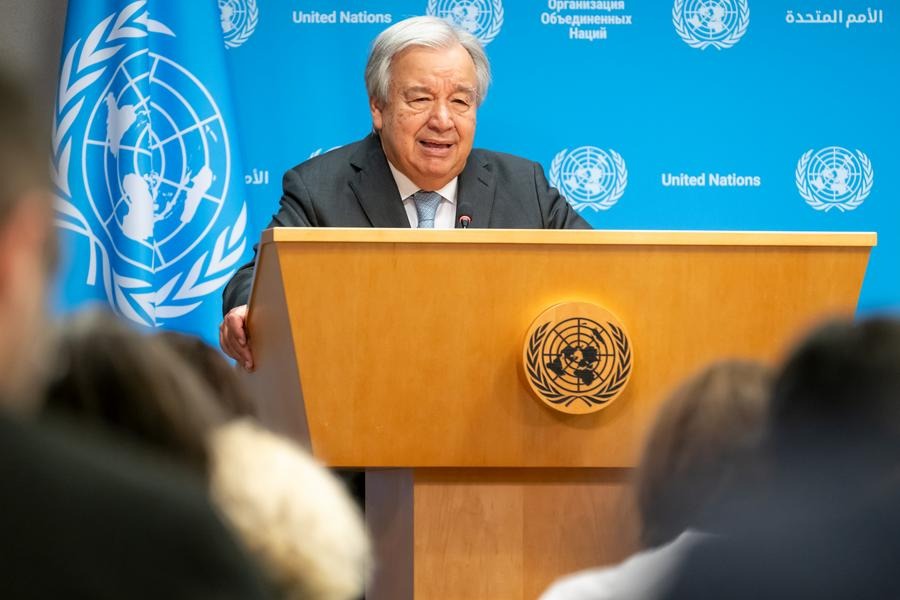France's fuel crisis prompts fresh protests, anger on streets of Paris


Thousands of demonstrators expressed their anger in the streets of Paris on Sunday in response to what organizers of marches termed the "high cost of living and climate inaction".
The activists are demanding a freeze on prices for energy, essential goods, and rents and are also pushing against proposed pension reforms.
Organizers, mostly left-wing opponents of France's President Emmanuel Macron, claimed that more than 140,000 protesters marched, though police were not able to confirm the official number, reported the Associated Press, or AP.
Police fired tear gas and launched baton charges after objects were thrown from the crowd, reported Agence France-Presse, which noted that some protesters wore yellow florescent vests, the symbol of anti-government protests in 2018.
Jean-Luc Melenchon, the leader of hard-left party La France Insoumise, or France Unbowed, headed the marches alongside this year's Nobel Prize winner for literature, Annie Ernaux.
Melenchon predicted an uncomfortable week for Macron and called for a general strike on Tuesday.
"You're going to live a week like no other, we are the ones who started it with this march," he told the crowd.
Four unions have called strikes and protests for Tuesday for wage increases and to help protect the right for workers to strike, Reuters reported.
The move to action came after the government ordered the requisitioning of some oil refinery workers, a move seen by unions as a violation of their constitutional rights.
More fuel depot staff were ordered back to work on Monday as the government tried to restore petrol supplies that have been disrupted by strikes for weeks.
France's Finance Minister Bruno Le Maire said it was "unacceptable "and "illegitimate" for unions to continue walkouts into a fourth week when a pay deal had been reached.
"The time for negotiation is over," Le Maire told BFM TV.
Pressure is rising on the government, which lost its majority in legislative elections in June, making it harder for Macron's centrist alliance to push through domestic policies, said AP, noting that implementation of the government's budget plan for the next year is proving most problematic, with opponents in Parliament strengthened.
The government said the left-wing coalition, of Melenchon's party, with the Greens, socialists, and communists, was attempting to exploit the current economic situation with the strikes and protests.
Speaking on French radio station Europe 1 on Sunday, Budget Minister Gabriel Attal said: "Today's march is a march of supporters who want to block the country."
Prime Minister Elisabeth Borne told TF1 television network that authorities would proceed with more requisitions this week, forcing striking workers back to work.

































